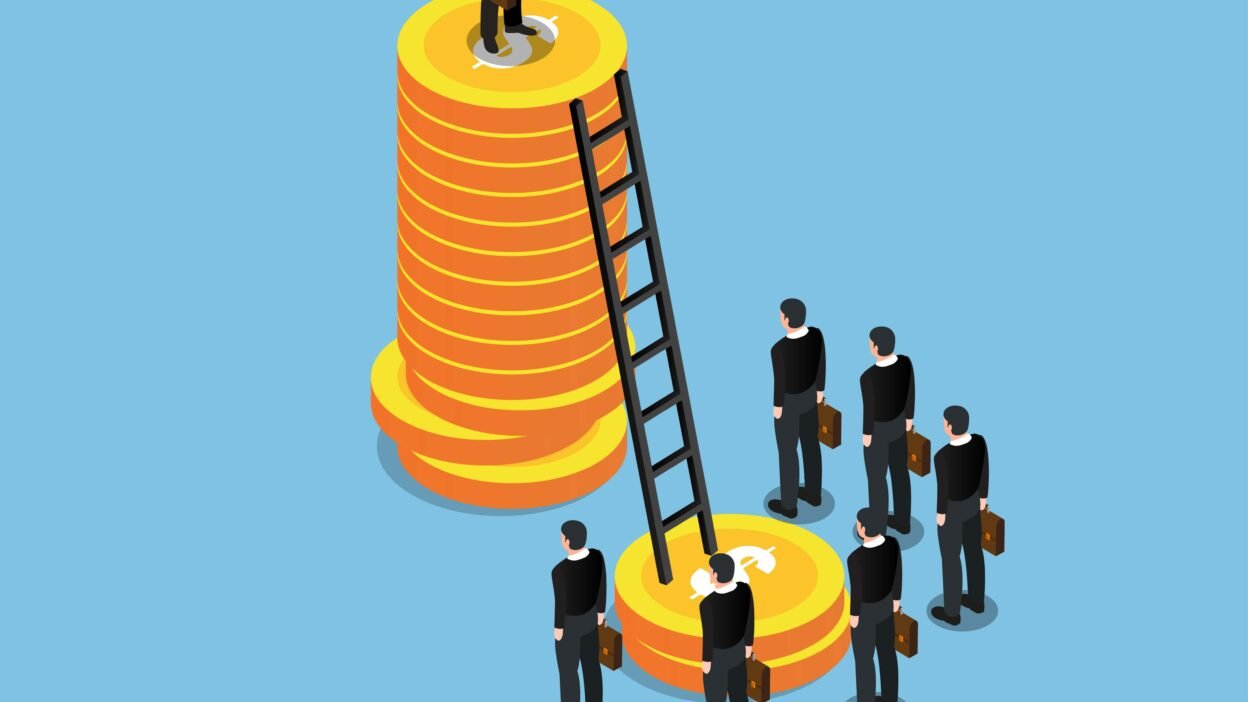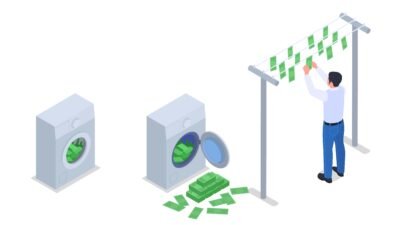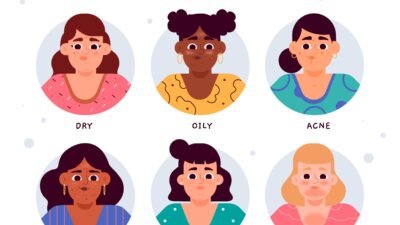Table of Contents
Introduction
Capitalism is the relentless engine of our world, an economic force so deeply woven into our lives that imagining survival without it feels impossible. It’s been here for centuries, but have you ever wondered why it has endured for so long, thriving through upheavals and revolutions? Because capitalism is far more than just an economic system it is a powerful, invisible current running through our minds, our culture, our very sense of self.
It shapes how we see ourselves, how we define our worth, and how we understand the meaning of work. Psychology is the secret language of capitalism; it molds our desires, fuels our ambitions, and quietly dictates how we consume, labor, and connect or disconnect from one another. Within this system, your value is tallied not by who you are, but by what you
produce.
Capitalism creates a moral economy of labor, ranking us relentlessly, binding our self-esteem to productivity and economic utility. It demands ceaseless performance, constant optimization, and unending proof of worth. And all the while, this pressure seeps into our minds and hearts, wearing down well-being and fraying the bonds of community.
This isn’t just about money or markets, it’s a psychological battleground where the human spirit grapples with the cost of belonging to a system that measures us by what we do, not who we are.
Read More: Ideafys





